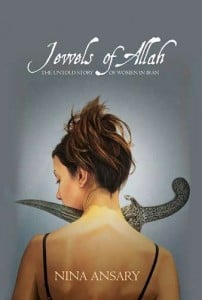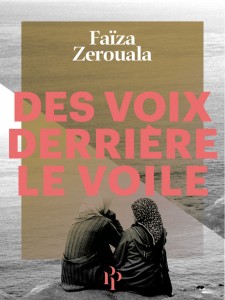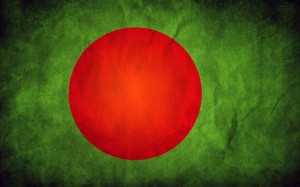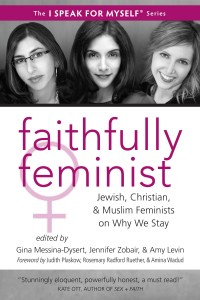This was written by Cycads and was originally published at her blog.
 Since it’s Ramadhan, I thought it might be quite appropriate that I have a special religious feature in my feminist/Malay lit blog. So in today’s post I’d like bring to your attention a little known novel by Fatimah Busu, Salam Maria (or Hail Mary), published in 2004. Unfortunately it’s in Malay, and almost impossible to purchase even in Malaysia as many big-name book shops don’t stock it. But don’t let these be stumbling blocks to discovering the beauty in Salam Maria. In Fatimah Busu’s allegory, the central character, Maria Zaitun, becomes a religious leader of a community for social outcasts who live in a rain forest called Hutan Beringin.
Since it’s Ramadhan, I thought it might be quite appropriate that I have a special religious feature in my feminist/Malay lit blog. So in today’s post I’d like bring to your attention a little known novel by Fatimah Busu, Salam Maria (or Hail Mary), published in 2004. Unfortunately it’s in Malay, and almost impossible to purchase even in Malaysia as many big-name book shops don’t stock it. But don’t let these be stumbling blocks to discovering the beauty in Salam Maria. In Fatimah Busu’s allegory, the central character, Maria Zaitun, becomes a religious leader of a community for social outcasts who live in a rain forest called Hutan Beringin.
Though a devout Muslim, Maria Zaitun is ostracised by members of her village for refusing to conform to patriarchal ideals of womanhood. Even the village imam chases her out of the mosque in her time of spiritual need. It is, however, a group of women: old, poor, and disabled, who offer her sanctuary in their humble home in Hutan Beringin. Her highly charitable and non-judgemental nature towards rape and incest victims gains the reverence of the forest’s inhabitants. Maria Zaitun is not just a spiritual leader, she is also an entrepreneur: she is the one who encourages these women to start a small cottage industry, sewing and selling specially-embroidered telekung or praying attire for Muslim women in the urban centres. This helps provide them with some form of financial independence and security.
Word of Maria Zaitun’s following reaches the ears of the village via a strange dream of a hospital patient who wakes from a coma after 2 years, 2 months, and 2 days. This triggers an excitement, on a scale of near madness, in meeting the woman who gained a saint-like status amongst the unwanted. The villagers go into the jungle – but much too late – as Maria Zaitun had died and already been buried by her followers in the presence of angels.
Hutan Beringin serves as a social and religious utopia that Fatimah envisages different from the Malay society in reality where even women can easily become a member of the socially dispossessed through gossip and slander. The protagonists’s exile from the village is an exile from modern society’s moral and spiritual decay. And what makes Maria Zaitun’s character unique is that she is fashioned after female saints in Islam such as Rabeah al-Adawiyah and Sayyidah Nafisah, and unlike other prominent Islamic female figures whose roles were defined by their husbands and fathers, Maria Zaitun is not portrayed as a subservient wife, but as a devout Muslim and a wise and knowledgeable spiritual leader.
Radical and so important in many ways, Salam Maria is an unusual Malay novel, but like many other novels in the language, it never quite received the attention of the media and the public it deserved and risks becoming completely forgotten underneath the heap of books by foreign writers.













